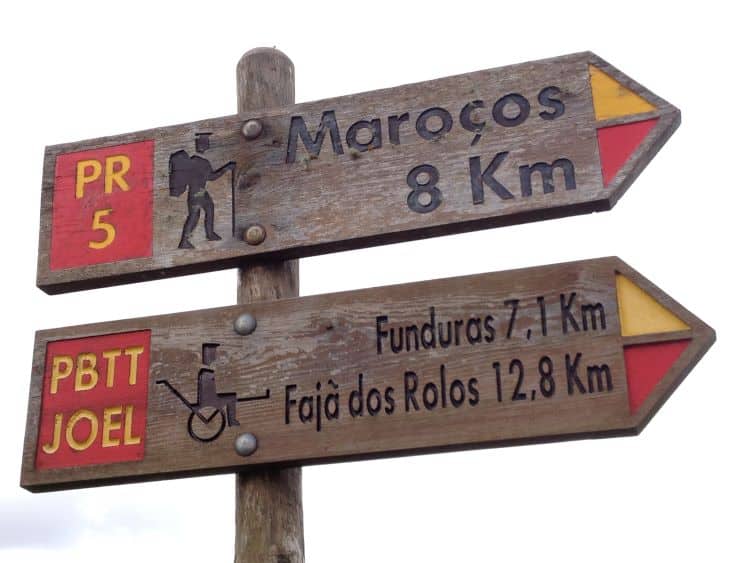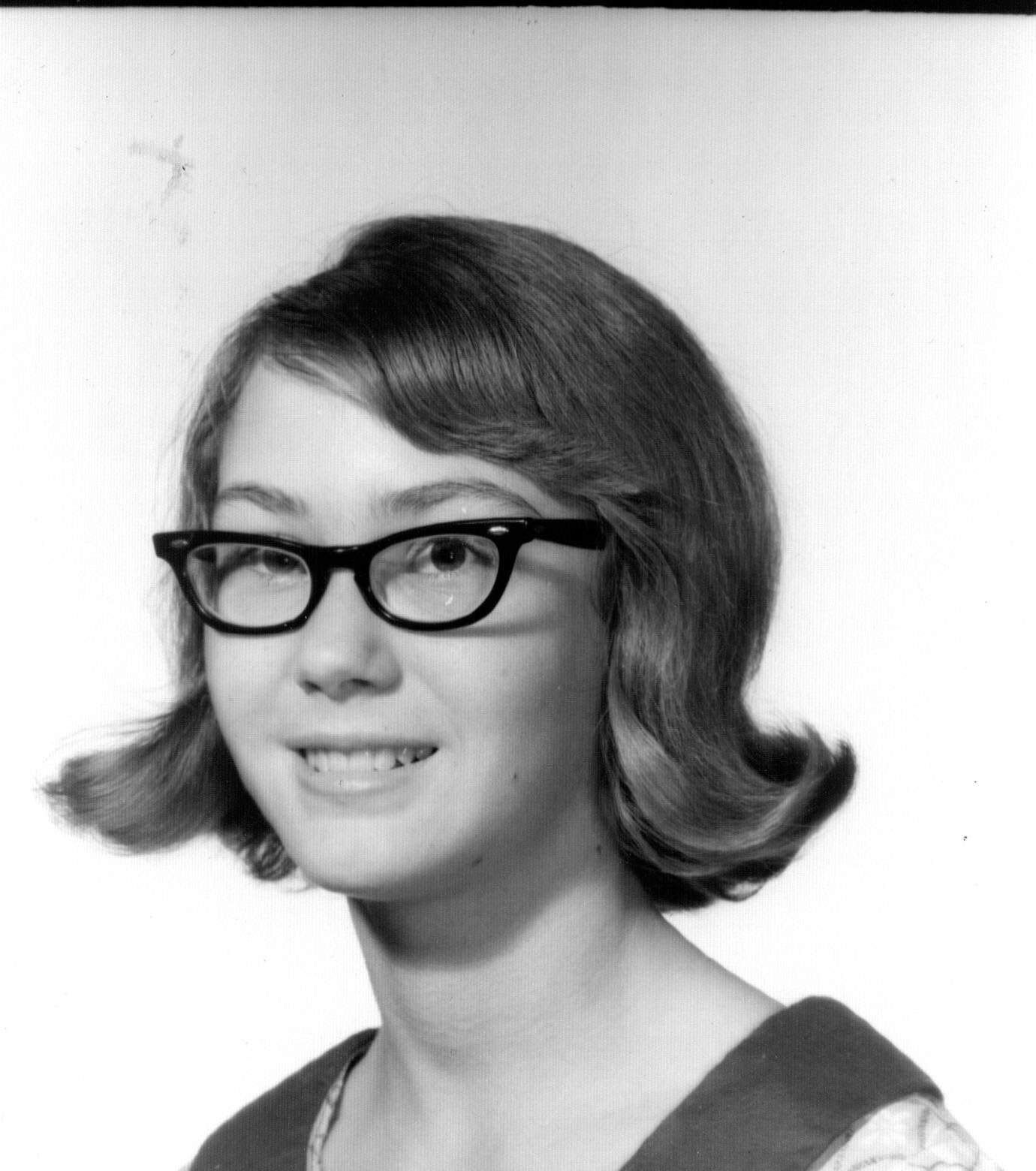“Oh, my mama loves me, she loves me
She get down on her knees and hug me
Like she loves me like a rock”
Loves Me Like a Rock, Paul Simon, 1973
1952-1968, San Antonio, Texas
“Daddy, Daddy! Lookie lookie! Watch what I can do!” I said. I tacked my father’s legs the minute he walked through the front door, before he could even set down his lunch box. He picked me up for a big smooch on the cheek, and I felt his warmth from the hot car. He was a machinist by trade and worked at Kelly Air Force Base as a civil service foreman in the enormous hangers where they maintained, inspected, and repaired B52s and other military airplanes. He smelled of leather, with a dose of machine oil and a whiff of his last cigarette; he smelled like Daddy.
I was only four years old but had been allowed to use the grown-up record player for this occasion. I placed the needle ever-so-carefully on the LP record already set up on the turntable in the mahogany console that had its own smell of wood and dust and electrical tubes. I swung around to face my audience, my cotton-blond ponytail cinched up high and gave it a flick as I started the pantomime in time with the Big Bopper’s booming voice –
“Chantilly lace and a pretty face –
A ponytail a hangin’ down –
A wiggle in her walk and a giggle in her talk –
Make the world go ‘round, ‘round, ‘round!”
My father sported his biggest and best smile throughout, then whistled and clapped till I finished my bows and ran to him for a twirl around the living room.
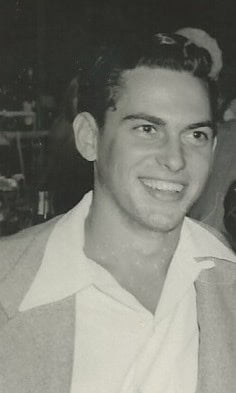
“Look at you, Susie! You knew all the words! You’re gonna give the Big Bopper a run for his money!” he said. Mom had been watching from the kitchen door frame with flour on her hands, and a big smile on her face. He gave her an even bigger smooch, right on the lips, and handed her his lunch box.
“She’s been beside herself waiting for you to get home so she could give you the big show,” Mom said. “She’s just about worn that record out, practicing!”

Mama was the center of my universe in those early days. She had stopped working when I was born and was now a stay-at-home full-time mother and housewife, typical for the 1950’s in America. Her love and belief in me were the bedrock of my being, and I loved our daily routines. We often visited her mom, my grandma’s house on the way to or from the local grocery store, the Piggly Wiggly, or went to her sister’s house, Aunt Louise’s, where I got to play with my cousin Martha Kay, a few months older than I, and her older sister Barbara. We played with our dolls, or played Old Maid or other card games, or on rainy days we played hours of board games like Monopoly. At home I played with my favorite baby doll, Tiny Tears, read books with Mom, sang, and danced to my 45 rpm records, or watched TV. Yes, I was part of the original TV generation and knew what time of day it was – or what day of the week it was, for that matter – based on whether Captain Kangaroo, Howdy Doody or Sky King and Penny were on TV.
Mostly I liked playing with neighborhood friends where chase, hide-n-seek, or other outdoor games dominated. We ran back and forth between our houses and pelted each other with Chinaberry tree berries and caught “horney toads” just to feel their so-soft bellies. I had no siblings and once my neighborhood best friend Butchie enrolled in kindergarten at the Catholic school, I had an interminable year to wait to start first grade. Thus, I looked forward to Dad coming home each afternoon to break the tedium even if he wasn’t always in the jolliest mood after a long day at work.
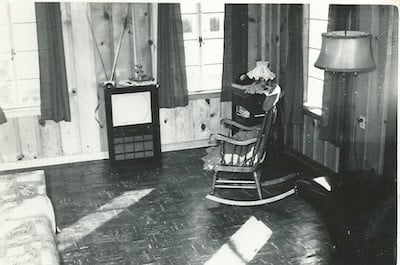
“Susie, honey, button it, will ya?” Dad said on more than one occasion when, at dinner, I was nattering on and on about the minutia of my day. “Let Mom and I have a minute to talk, OK?” This of course hurt my feelings, but I eventually learned that more juicy tidbits of gossip were revealed when I did keep my mouth shut.
“Mama heard from Olin last night,” Mom said to Dad during supper one evening when she thought I was immersed in my chitter-chatter make-believe world, “and as usual, he was asking for money, this time for a lawyer. Apparently, he tried to marry a woman in Maryland and got himself arrested for bigamy. I can’t believe that man is my brother!”
“Who’s Olin? And what’s ‘big on me’,” I said.
“You weren’t supposed to be listening to that, young lady! But anyway, Olin is my brother, just like Uncle George, and Uncle Don, so he is also one of your uncles, but you’ve never met him,” she said. “Bigamy is the word I said, and it means when someone tries to be married to two people at the same time, which is against the law, and he –”
“And he’s the ‘black sheep’ of the family,” Dad said. “He’s a con artist; a flimflam man. He always has a flashy car that he can’t afford, and girlfriends even when he has a wife at home. Last time we heard from him he was asking for money because he had to leave town in a hurry to avoid some guy who wanted to punch him in the face for flirting with his wife. Olin is a real jerk,” Dad said.
This was stunning news! I had never heard of anyone in our family who had been in jail or prison, much less been chased after. That stuff only happened on the news. In fact, my whole life I thought we were the most boring family in the world.
“Uncle Olin does NOT live by the ‘golden rule,’ that’s for sure. He’s not done an honest day’s work in his life. And you can’t trust a thing he says,” Dad said. In other words, he was the antithesis of my parents’ philosophy of life which could be summed up with “work hard and do your very best, no matter how small the task” and “say what you mean and mean what you say.” My parents were not regular church goers, but their moral compass was crystal clear.
Finally, the day arrived when I was allowed to go to first grade. I had not yet turned six years old, but I could already read and knew my numbers. I had looked forward to first grade with such intensity that it was a shock to find myself terrified when I arrived. There was not a single person there who I knew! My self-confidence flew out the window. Who was I outside the context of my home and my family? And more importantly, would I ever see them again? I was too shy to tell the teacher, who called me Carol Sue during roll call, that all my friends and family knew me as Susie. Thus, I was forever Carol Sue at school, and Susie at home.
I waited at the school curb each day those first weeks, fists clenched and tears streaming down my cheeks, certain that my mother would not be able to find me amid all the other kids and cars and bikes and parents. I gushed in relief each time that she did. Once I finally accepted the likelihood that I would not be abandoned at school, I loved it. I was good at most subjects and was at the head of my class each year until 4th or 5th grade, when a new boy arrived and became my rival for top spot. The first week back from summer break, our teacher asked Chuck to share with us, as he had with her, how he had spent his summer.
“The first week of summer,” he said, “I read through the first encyclopedia volume that covered subjects “A through B”. After that, I read a new volume each week except when we went on vacation to my grandmother’s house in Oklahoma.” He stood in front of the class, pressed khaki pants belted up high and didn’t smile much but looked above us all. He didn’t seem very interested in what we were thinking.
“Didn’t you tell me you also took notes, Charles?” the teacher asked.
“Yes, sometimes,” he said, “and please call me Chuck,” he said. The teacher extolled us with the virtues of such supreme dedication to learning and hoped we would take such a great example to heart. Chuck was a serious and mature young man, way beyond his years, and knew that he liked a studious life before the rest of us started paying attention. I was not that mature, by any means. I decided then and there that I was completely fine with not being at the head of my class.
My mother, Edith, was an attractive, dark-haired, brown-eyed woman, who was tall like her brothers, about 5’ 9,” with a slim but shapely figure which she kept all her life. She had been an officer in the high school women’s army corps but never played sports until she and Dad took up golf much later in her life. Thinking back on it, Mom was on the introvert side of personality traits, and was also known as the peacemaker among her family where sibling dynamics were a given among the nine children who made it to adulthood.
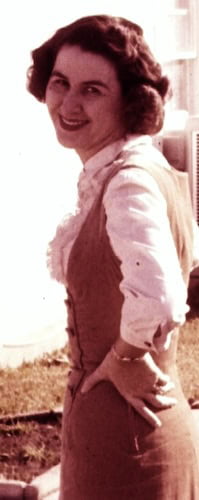
“Mama, how come I don’t have any brothers and sisters? You had so many, and I don’t have a single one,” I said one day. “Everybody I know has a brother or sister, so they always have someone to play with. It’s not fair!”
“I bet someday you’ll thank me, Susie. Start asking your friends how much they love playing with their little brother or sister, I think you’ll be surprised,” Mom said. “You’re right. I had lots of brothers and sisters and that’s exactly what made me only want to have one child. When I was little my older sisters, your Aunt June and Aunt Louise, would dress me up like a baby, and then pretend they were my mama and boss me around. I didn’t mind because if they teased me too much, I could always get up on Mama’s lap and she would carry me around or sit and read with me for a while. They told me soon it would be my turn to get kicked off Mama’s lap, but I thought they were just being mean,” she said.
Mom and Dad did not dumb-down their words or conversation with me, but this was the first time I remember Mom talking to me about her childhood or how she felt as a child. It seemed like a grown-up conversation, and I paid close attention.
“Then one day there was a new baby in Mama’s arms and just like they said, there was no more room for me on her lap!” Mom continued. “When I cried, my mama said ‘But you’re a big sister now, honey! And guess what? You get to help take care of your new baby brother!’ and that was that. Now I realize it was just the way things were, and she wasn’t trying to be mean, but I still remember how my feelings were hurt. I never imagined it would happen to me!” she said. “And that’s why I always wanted to have just one child – so I could give that child all the attention I felt I missed out on. I never wanted to have to tell you it was time to make way for the next baby.”
A sobering story, and a glimpse into my mother as a real person. Over time I recognized the truth about my friends and their siblings. Occasionally they played together, but more often they fought like cats and dogs, and those with younger brothers or sisters often found their prized doll minus an arm or worst, marked or painted on. The endless “he started it” and “she did it, not me!” arguments were enough to drive me crazy, and I wasn’t even involved! But there was also stigma attached to being an only child.
I walked through the crowded school lunchroom one day, looking past where my teacher, Mrs. Grissom, was standing, talking to another teacher, trying to find my friend Susan so I could sit with her. Before I could spot her, though, Mrs. Grissom and her huge, red-painted lips were six inches in front of my face. I was so startled I nearly dropped my tray.
“Carol Sue,” she said, “double up in this cafeteria chair right here like I told the class just two minutes ago! You’re not Ms. Special, you know. You don’t get your own special chair!”
She kept her hand on my shoulder as I wrangled one leg through the opening of the desk and sat down in the empty chair in front of her while she then commanded another girl to sit beside me. It was uncomfortable, but we often had to sit that way if all the classes were eating at once, after an assembly or something, so it was no big deal. But I wanted to sit with one of my friends, not this random girl. But before I could protest, I heard Mrs. Grissom speak to the other teacher, and she was not whispering.
“She’s an “only child,” you know; always thinks she’s special. Selfish; stuck up; typical.”
Everyone heard, and there were muffled laughs. I was embarrassed to be singled out for something that I had never considered a bad thing, and certainly not something I had any control over. Not to mention the fact that I did not consider myself above others, or selfish. But maybe I was selfish, and never knew it! Self-doubt and humiliation flooded in on top of embarrassment. I loved school, and I adored most of my teachers, but I had a handful of real stinkers. Mrs. Grissom was one of the latter.

